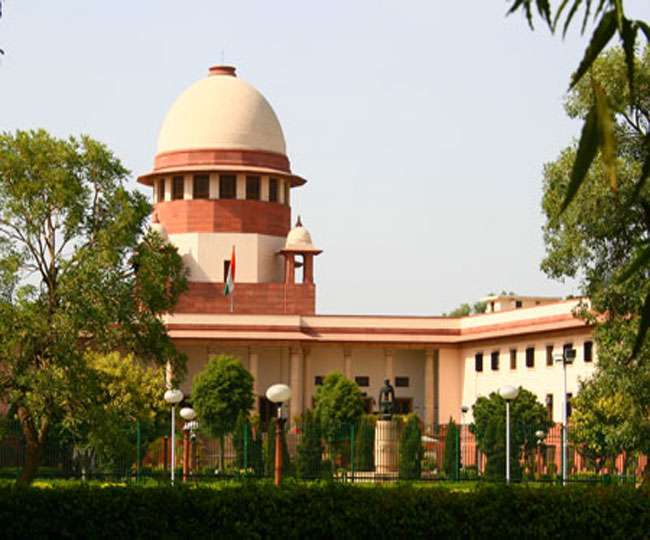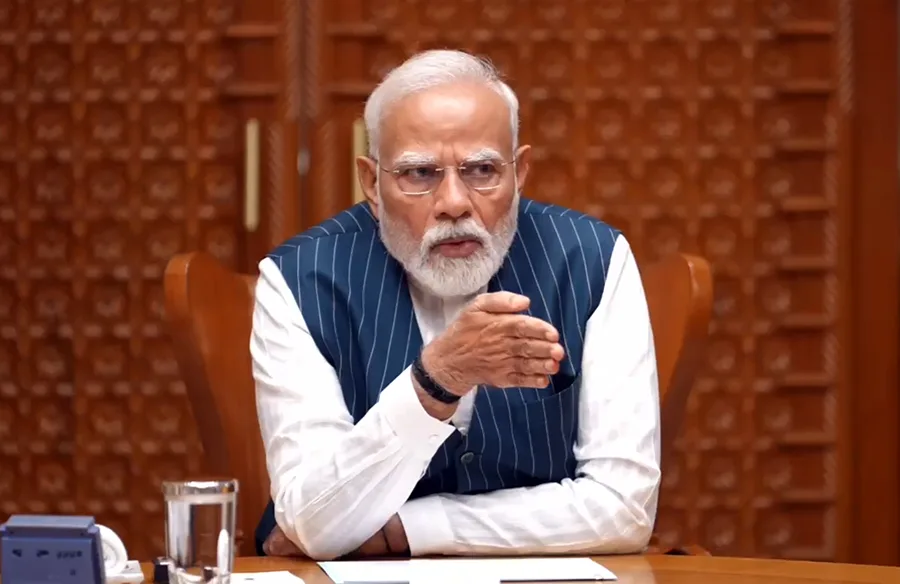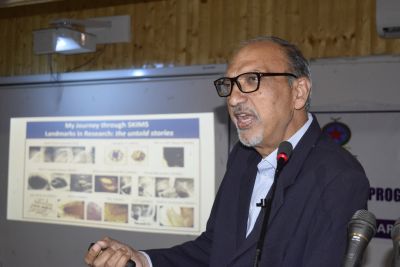 New Delhi, Jul 4: The Supreme Court today held that elected representatives and the Council of Ministers in Delhi, who are accountable to the voters, must have “appropriate powers” to perform their functions “effectively and efficiently”.
New Delhi, Jul 4: The Supreme Court today held that elected representatives and the Council of Ministers in Delhi, who are accountable to the voters, must have “appropriate powers” to perform their functions “effectively and efficiently”.
A five-judge constitution bench headed by Chief Justice Dipak Misra said that the exercise of establishing a democratic form of government in Delhi would “turn futile” if the elected government was not able to usher in policies and laws on which the Assembly has the power to legislate.
The apex court, which also unanimously held that Delhi cannot be accorded the status of a state, referred to a nine-judge bench verdict of the top court and said it was “clear as crystal” that all union territories under the constitutional scheme were not on same pedestal so far as the National Capital Territory of Delhi was concerned.
“The Legislative Assembly is wholly comprised of elected representatives who are chosen by direct elections and are sent to Delhi’s Legislative Assembly by the voters of Delhi. None of the members of Delhi’s Legislative Assembly are nominated,” CJI Misra, who penned the verdict for himself and on behalf of Justices A K Sikri and A M Khanwilkar, said.
“The elected representatives and the council of ministers of Delhi, being accountable to the voters of Delhi, must have the appropriate powers so as to perform their functions effectively and efficiently,” the bench categorically stated.
Regarding the powers of the Lieutenant Governor (LG) of Delhi, the top court referred to Article 239 AA(4) of the Constitution and said he was bound by the aid and advice of the council of ministers in matters for which the Assembly has the legislative powers.
Article 239 AA deals with the powers and status of Delhi.
“The exercise of establishing a democratic and representative form of government for NCT of Delhi by insertion of Articles 239AA and 239AB would turn futile if the Government of Delhi that enjoys the confidence of the people of Delhi is not able to usher in policies and laws over which the Delhi Legislative Assembly has power to legislate for the NCT of Delhi,” the bench said.
The court said the status of Delhi’s LG was not that of a Governor of a state, “rather he remains an administrator, in a limited sense, working with the designation of Lieutenant Governor”.
Referring to Article 74 of the Constitution, the bench said the President was always bound by the aid and advice of the union council of ministers, except a few well-known situations which were guided by constitutional conventions.
“At the outset, we must declare that the insertion of Articles 239AA and 239AB which specifically pertain to NCT of Delhi is reflective of the intention of Parliament to accord Delhi a sui generis (unique) status from the other union territories as well as from the Union Territory of Puducherry to which Article 239A is singularly applicable as on date,” it said.
The top court also said that the Legislative Assembly, the Council of Ministers and the Westminster-style cabinet system of the government brought in by the 69th amendment highlighted the uniqueness attributed to Delhi with an aim that its residents have a larger say in how the national capital is to be governed.
Two other judges of the five-judge bench — Justices D Y Chandrachud and Ashok Bhushan — wrote separate but concurring verdicts on the issue.








